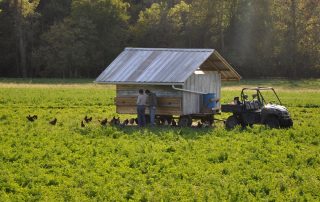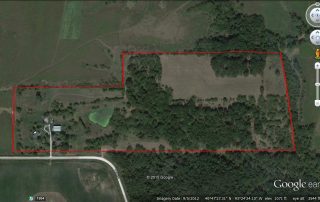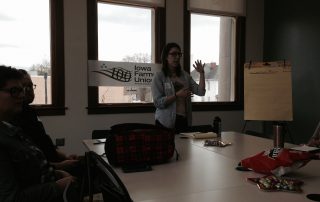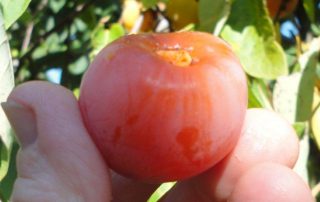Best practices for a sustainable and equitable food system
According to the Center for American Progress, training and providing land for young farmers to produce food sustainably is a best practice for creating a sustainable and equitable food system. The Center also calls for land use or zoning ordinances that can “allow healthy food to be grown and sold in communities, allocate public space for community food-growing initiatives such as community gardens, and permit farmers markets in more locations.” SILT's mission is to protect our farms to grow healthy food forever. Learn SILT does this using best practices: https://silt.org/solution/plan-so-far/ https://www.americanprogress.org/issues/poverty/report/2016/05/12/137306/best-practices-for-creating-a-sustainable-and-equitable-food-system-in-the-united-states/





